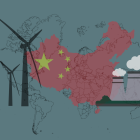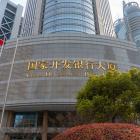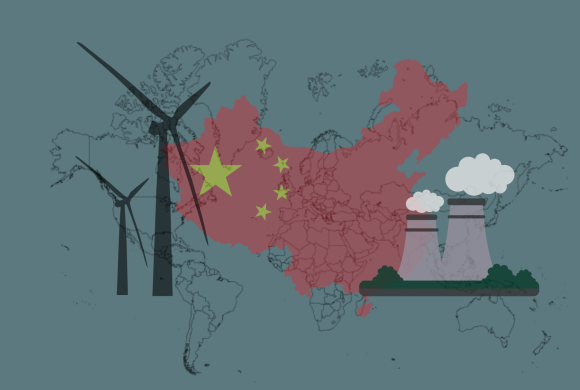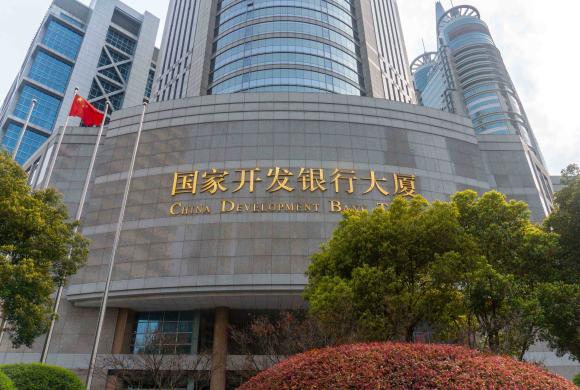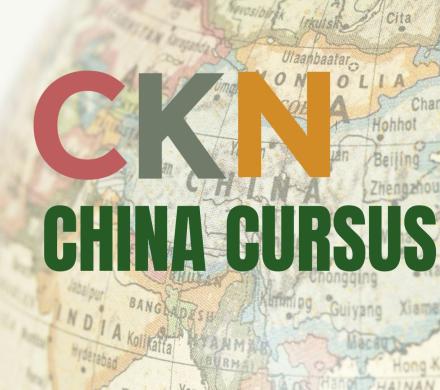China Knowledge Network
The Dutch China Knowledge Network (CKN) is a network established to connect China experts and disseminate knowledge within the government of the Netherlands and beyond.
Subscribe to the China Knowledge Network Newsletter
Stay in the loop with our latest reports, upcoming events and knowledge session invitations. You’ll receive:
Fresh insights from our latest research reports
Event alerts for CKN presentations, seminars and conferences
Invitations to knowledge sessions and CKN report presentations
Latest CKN Knowledge Sessions Recordings
China’s Industrial Decarbonization
China wants to decarbonize its economy, without deindustrializing. Accounting for nearly two-thirds of global industrial CO₂ emissions, its trajectory will have decisive global consequences for climate goals and international competitiveness. In this session, Tom Hancock, expert on Chinese political economy and co-founder of CP Global Insight, presented findings from a research project examining China’s emerging state-led policy and financing system for industrial decarbonization.
What can Europe learn from Taiwan’s fight against disinformation?
In this video, Florian Schneider ( Leiden Asia Centre’s Academic Director and Professor Modern China at the Leiden University Institute for Area Studies) discusses what Europe can learn from Taiwan's fight against dinsinformation in a time of AI. Earlier this year, Schneider spent six months in Taiwan as a visiting scholar at the Department of Political Science of National Taiwan University, where he conducted research for the project Fake Factory: Disinformation and Learning Machines in Taiwan. His study explores how people in Taiwan think about and respond to disinformation in the context of AI – and what lessons this might hold for Europe.
Latest CKN Report Presentations
China's Developing Country Status in International Climate Negotiations
China presents two faces to Europe in climate diplomacy. On the one hand, cooperation between the EU and China is essential for accelerating the global energy transition and reducing fossil-fuel dependencies. On the other hand, a key point of tension stands in the way: China’s unyielding adherence to its developing country status in forums such as the United Nations Framework Convention on Climate Change (UNFCCC). While the EU increasingly challenges this status on principled grounds, China defends it as a matter intrinsic to sovereignty, identity, and geopolitical positioning.
Chinese Development Finance in a Shifting Global Order
The report examines how CDF has evolved from what was once described as “patient capital” into a more commercially oriented model. It explores the global and domestic factors shaping this shift, its implications for recipient countries, and its position within the broader development finance landscape. Key themes include: China’s emphasis on large-scale infrastructure and the strategic role of policy banks, fragmented governance structures and institutional rivalries, the “post-peak” phase of CDF, with a turn towards green finance, digital infrastructure, and PPPs, narratives of “debt-trap diplomacy” and the realities of borrower agency and China’s bilateral versus multilateral approaches to development finance.
Latest CKN Interviews
Louise van Schaik on China's Developing Country Status in Climate Negotiations
Louise van Schaik is Head of Unit EU & Global Affairs. She also coordinates Clingendael research in the field of climate change and sustainability. In her research she has extensively analysed the EU’s diplomatic performance in various fields, among others climate change, energy, health and food standards. She has also published on related research areas such as EU foreign policy, EU climate change and energy policy, EU research policy, climate-security and scarcity of natural resources and raw materials. She is often asked as a commentator on European affairs, geopolitics and sustainability issues.
Jue Wang on Chinese Development Finance in a Shifting Global Order
Jue Wang is a University Lecturer at the Leiden University Institute for Area Studies. She is a scholar of the Chinese economy and Global Political Economy, with expertise in international political economy, development finance, international organisations, technology policies, and global governance. Her research has been published in International Relations, Chinese Journal of International Politics, International Affairs, and Chinese Political Science Review, among others. She is also a frequent media commentator on China and international political economy.

